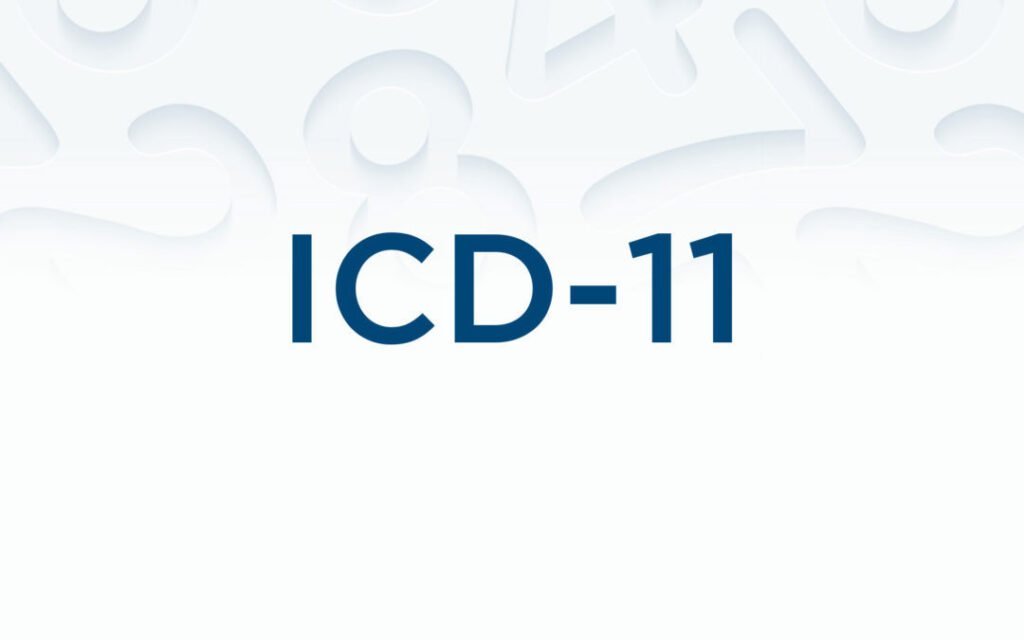When it comes to ICD-9 and ICD-10 there were many who were taken aback about there being very confusing and intricate, to say the least. Medical billers and coders had to constantly keep themselves educated with the latest trends of ICD-9 and ICD-10 in order to stay on top of the billing agenda. Just when they got slightly well accustomed to it ICD-11 got introduced in the world of medical billing. It has been well over a decade since World Health Organization first started designing the set of new codes which later on got introduced in the year 2018 and were completely released in order to be used in the year 2022.

The upcoming revision process was built in a manner that compliments the coding style of ICD-10 and thus has been properly integrated within the medical data. The new system of medical coding will therefore be way more interactive along with frequent updates and a proper search engine. This will enable the medical coding and billing professional to make the best out of the ICD-11 coding tool without having any problems.
As a matter of fact, WHO finalized the ICD-11 coding system after revising it. The members of WHO wanted the medical organizations to be able to reach a proper benchmark which will have a proper application all over the world. It is too early for now to be able to come to a conclusion that will give us a result of whether or not ICD-11 will be an upgrade to ICD-10. However, one thing can be understood that is in order to not introduce another coding system altogether, WHO will ensure to introduce ICD-11 in a manner that will be extensible in the near future.
Before getting widely adopted in the medical industry worldwide, ICD-11 must be tailored in a manner that fulfils all the requirements of the US medical industry. A formal update is also a requirement from the stakeholders of the USA along with Congress so that the HIPAA regulations are properly incorporated before it becomes official. Looking back at the history ICD-10 was modified for many years before it was accepted everywhere. The implementation process in itself took almost 20 years. Experts have claimed that the ICD-11 will be implemented in a better and smoother manner. However, it must be noticed that it might take up to a decade before ICD-11 is incorporated completely.
What Is the Use Of ICD-11?

The ICD-11 will be integrated seamlessly into the IT systems of the hospitals. It is through this particular process that all of the features will be available easily. Moreover, there will some important features which will be incorporated from the ICD-10 medical coding to the ICD-11. As far as the process of medical coding is concerned, ICD-11 will be built in a manner that seamlessly integrates the majority of the medical billing and coding actions into it. The medical coders and billers must accustom themselves to all of the necessary ICD 11 coding guidelines.
The environment that surrounded medical coding witnessed a major shift since the late 80s when using medical codes became a necessity for the process of reimbursement. Over the years it was seen, that the process of medical coding became a norm among many medical organizations – nowadays it is a necessity that cannot be overlooked. Of late, medical coders are making sure to refine the process of medical coding which involves CDI (Clinical Documentation Improvement) along with CAC (Computerized Assisting Coding Application.
In order for the medical coders to understand the whole aspect of medical coding in a better manner WHO made sure to experts from all over the world to aid them in the revision of the ICD-11 coding process.
Improvements In ICD-11: Changes That Have Been Made

After ICD-11 got approved by the WHO (World Health Organization) in the year 2019, it was important that the medical organizations make the important change from ICD-10 to ICD-11 – this was done in order for the health statistics to be reported on the latest system. It was on the 1st of January in 2022 that the ICD-11 was made available to be used by medical coders and billers. The development that was underway for ICD-11 in the past few years was based on the concept of clinical utility along with how applicable it is globally.
The newer and better improvements made in ICD-11 include the systematic characterization of information along with proper guidance for each disorder, adopting the lifespan approach and much more. There was the other-dimensional approach which has been included in the process of classification, especially for psychotic disorders and personality disorders that stay consistent with all of the latest evidence.
ICD-11 was made in a manner which calls for myriad applications in order to meet the different priorities. One of the major changes that were brought about in ICD-11 was including a new chapter on sexual health and sleep disorders. The primary chapter includes all of the conditions that are related to the sexual health of any individual whereas the second chapter includes all of the important disorders related to sleeping and waking up.
Some of the codes that are included in the DSM-5 are not quite well-grounded which is why ICD-11 must be addressed. The change occurred due to the complete efforts between APA (American Psychiatric Association) along with WHO (World Health Organization). There are many intricacies in the new ICD-11 system that must be understood thoroughly.
Not only is ICD-11 a more intricate and complex system that must be learnt and implemented in a proper manner but also in order to get the best out of it hiring medical professionals who are adept in medical coding and billing is a necessity. The company that you hire for the process of medical billing and coding must be HIPAA compliant and they should also be proficient in their field of work. Only with their professional help can you get proper reimbursement for the medical services that you provide without having your claims denied, and this is where Synergy HCLS can help you out.
